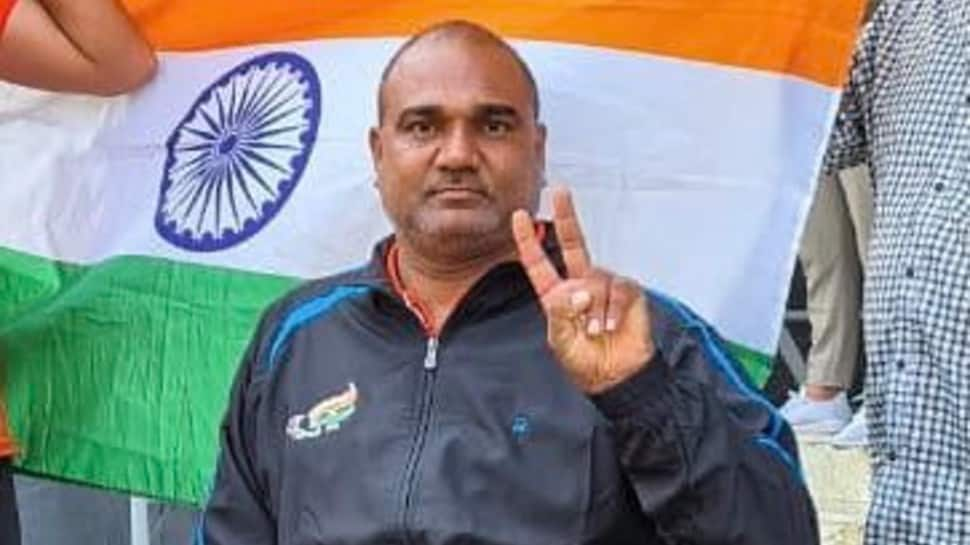Discus thrower Vinod Kumar’s bronze medal win at the Tokyo Paralympics has been put under review after competitors lodged a protest against the athlete’s classification in the F52 category at the Games. Kumar registered throws of 17.46m, 18.32m, 17.80m, 19.12m, 19.91m, and 19.81m in his six attempts to finish third behind Poland’s Piotr Kosewiczwin (20.02m) and Velimir Sandor (19.98m) of Croatia.
Kumar registered his best attempt in his fifth try. However, the victory ceremony was postponed to the evening session of Monday (August 30) after a protest was lodged against him.
In Tokyo, the Technical Delegates of the Organising Committee in an official communication informed that the men’s Discus F52 is under ‘Classification Observation Process’. “Results of the event are currently under review due to classification observation in competition,” it said.
The Indian contingent, however, said it is confident that Vinod Kumar will retain his bronze medal. It was only four days back that his classification was done and I was there. “Three Tokyo Paralympics classifiers had classified Vinod Kumar as F52 and we are confident that the medal will stay after review even though there has been a protest,” Team India’s Deputy Chef de Mission Arhan Bagati told ANI.
What does classes in each Paralympic sports mean?
While sports such as para ice hockey and para weightlifting have just one class, others have many different classes to include all 10 eligible impairments and with many different disciplines. In running and jumping events there are 20 classes.
The class groups athletes with similar athletic limitations so that they can compete to similar levels, but does not necessarily have to solely group athletes with the same eligible impairment.
“If different impairments cause similar activity limitation, athletes with these impairments are allowed to compete together,” the IPC was quoted as saying by CNN.
The athletes are also allowed to change classification over time due to progress or improvement of impairments.
The IPC’s Chief Brand and Communications Officer Craig Spence said determining athlete classification ahead of the Games has been a ‘real challenge’ because of the COVID-19 pandemic.
(with ANI inputs)
















